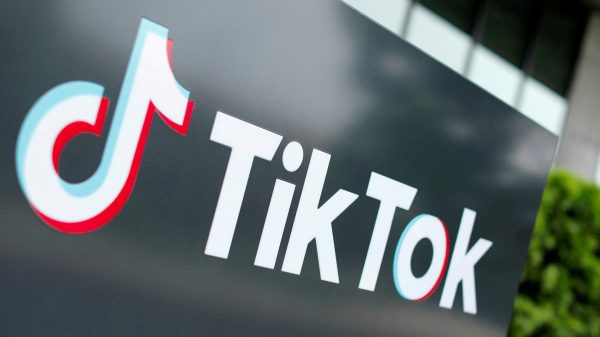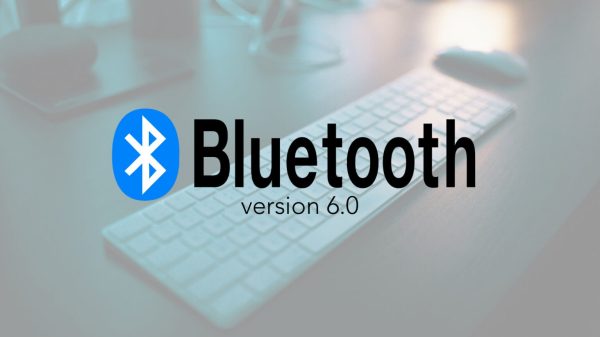In recent discussions surrounding the open programmatic ad market, publishers are addressing concerns from marketers about issues beyond just MFA and fraud. According to a study by Adobe, which surveyed over 2,800 marketers across several countries, there’s a noticeable unpreparedness for the upcoming third-party cookie deprecation.
Despite ample time for readiness, nearly half of marketing strategies (49%) still heavily rely on third-party cookies, a figure that has decreased slightly from previous years but not enough to signal significant readiness.
Ryan Fleisch from Adobe noted a decline in readiness levels from 78% in 2022 to 60% in 2024 among marketers feeling prepared for cookie deprecation. This trend suggests that despite efforts, current cookieless alternatives may not yet meet industry needs.
Moreover, differing perspectives emerge from industry insiders, with some suggesting lower reliance on third-party cookies than indicated by surveys, highlighting discrepancies in data interpretation.

Marketers Less Ready for Cookie Changes, Down 23% Since 2022
Contrary to Adobe’s findings, Epsilon’s survey indicates that a substantial majority (75%) of U.S. marketers still rely on third-party cookies, with only 44% feeling adequately prepared for their deprecation in 2024. This disparity underscores the varying degrees of preparedness and reliance across different studies and market segments.
In response to these challenges, marketers are increasingly turning towards alternative strategies. Many plans to shift their ad spend toward walled garden ecosystems like social media platforms, where audience targeting remains straightforward despite concerns over transparency and overspending.
Additionally, there’s a notable focus on activating first-party data (49%) and direct partnerships with publishers (42%), suggesting a shift away from traditional cookie-based methods.
However, the efficacy of current solutions like client data platforms (CDPs) remains a point of contention. Despite widespread adoption (78% have invested in CDPs), only a third of users feel adequately prepared for cookieless marketing, indicating that these tools may not yet fully support the industry’s evolving needs.
This situation prompts a broader discussion about the role and limitations of first-party data strategies in replacing third-party cookies effectively.
While strides are being made in adapting to a cookieless future, significant challenges persist in ensuring comprehensive industry readiness. The evolving landscape underscores the necessity for continued innovation and adaptation among marketers and technology providers alike to navigate the complexities of a post-cookie advertising environment effectively.









































